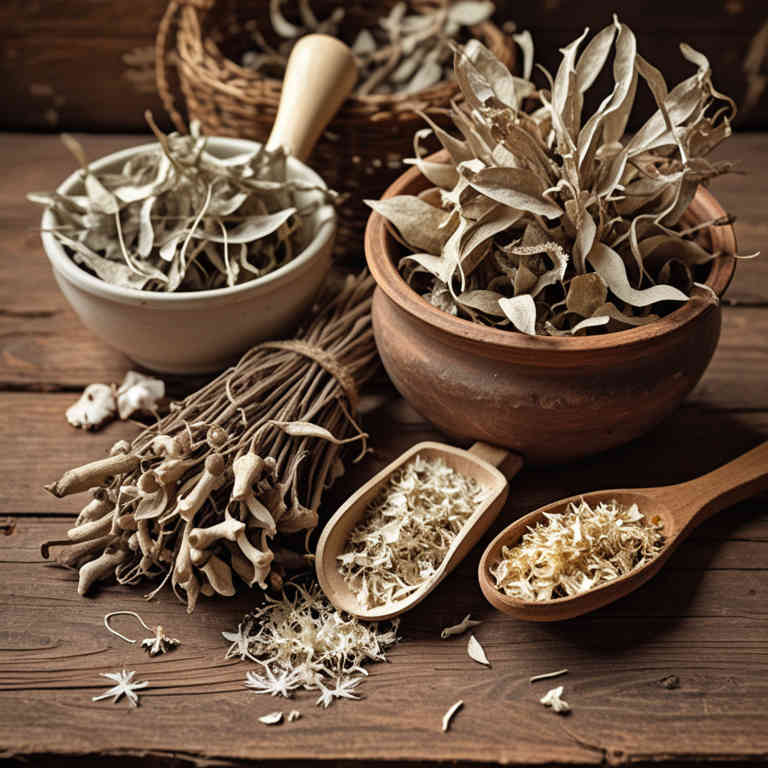Symphytum officinale mucillage for medicinal use

Symphytum officinale mucillage is a preparation derived from the mucilage found in the roots of the comfrey plant.
It is commonly used in herbalism for its purported ability to support tissue repair and promote healing. The mucilage is typically extracted through a process involving soaking and grinding the roots. In traditional herbal medicine, it has been used to treat wounds, fractures, and inflammatory conditions.
However, due to the presence of potentially toxic compounds, its use is often limited and requires careful preparation and administration.
Uses
Symphytum officinale mucillage has been used to treat wounds, inflammation, and digestive disorders for centuries.
Historically, it was valued in ancient Greek and Roman medicine for its healing properties, particularly for bone fractures and skin injuries. Traditional herbalists also used it to soothe gastrointestinal issues and as a remedy for respiratory ailments. In modern times, it is still utilized in herbal medicine for its anti-inflammatory and mucilage properties, often in the form of poultices or oral supplements.
Its continued use highlights its enduring relevance in both traditional and contemporary holistic health practices.
Benefits
Symphytum officinale mucillage has health benefits such as promoting wound healing, reducing inflammation, and supporting digestive health.
This preparation, derived from the roots of the comfrey plant, contains mucilage, which forms a protective layer over tissues. It is often used topically to treat skin injuries, bruises, and joint pain due to its anti-inflammatory properties. The mucilage also aids in soothing the digestive tract and may help with conditions like gastritis.
However, it should be used with caution as long-term internal use may have potential toxicity.
Constituents
Symphytum officinale mucillage active constituents include mucilage, alkaloids, saponins, and allantoin.
Mucilage provides soothing and demulcent properties, making it useful for irritated mucous membranes. Alkaloids contribute to its anti-inflammatory and analgesic effects. Saponins support immune function and have mild antimicrobial properties.
Allantoin promotes skin healing and has wound-healing benefits, making this preparation valuable for topical applications in skin care and minor injuries.
Preparation
To make Symphytum officinale mucillage, start by harvesting fresh or dried roots of the Symphytum officinale plant.
Wash the roots thoroughly and chop them into small pieces to increase surface area. Place the chopped roots in a pot and add enough water to cover them by about an inch. Bring the mixture to a gentle boil, then reduce the heat and let it simmer for approximately 30 minutes.
Strain the liquid through a fine mesh or cheesecloth to collect the mucilage-rich extract, which can then be used as a topical or internal preparation depending on the intended use.
Side Effects
Symphytum officinale mucillage may lead to gastrointestinal discomfort, including nausea, vomiting, and diarrhea, due to its high mucilage content.
It can also cause allergic reactions in individuals sensitive to the plant, manifesting as skin rashes or respiratory issues. Prolonged use may result in liver toxicity, as some compounds in the mucilage have been linked to hepatic damage. Ingestion of large amounts can lead to intestinal blockage, especially in individuals with pre-existing digestive conditions.
It is important to consult a healthcare professional before using this preparation, especially for long-term or therapeutic purposes.